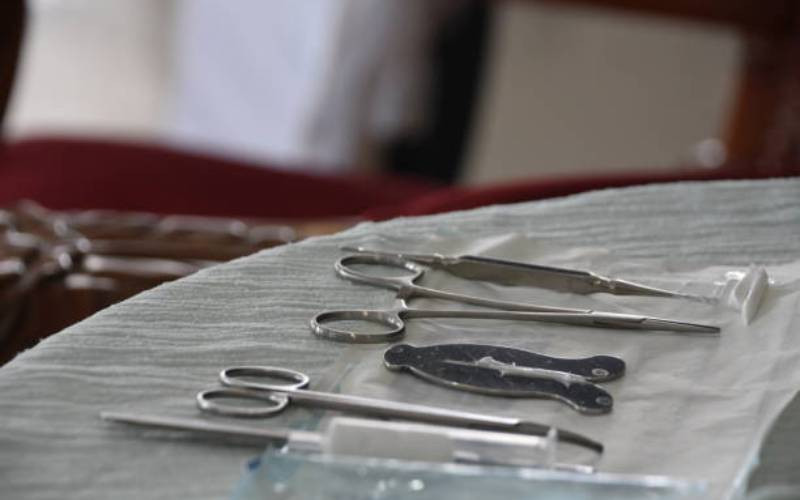×
The Standard e-Paper
Kenya’s Boldest Voice

Health workers and Chiefs in North Rift counties have been put on high alert after six initiates died in botched circumcision rites in two counties.
Massive circumcision rites among teenage boys currently on long school holidays commenced in November across several counties in the Rift Valley.